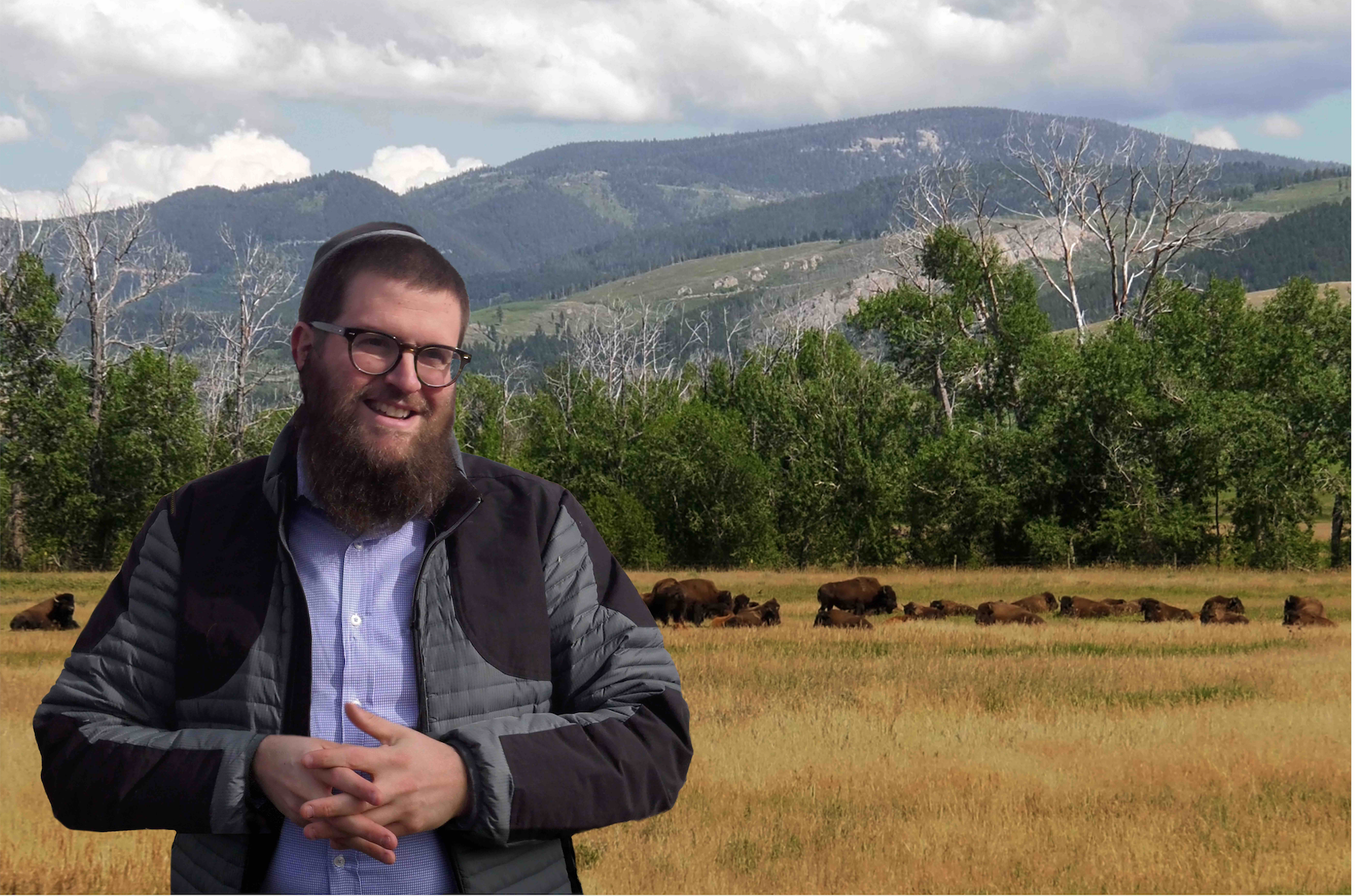
Gerald Peary and Amy Geller joined Solzy at the Movies to discuss their recent documentary, The Rabbi Goes West, which will be available for a limited time.
From May 24 through June 4, the documentary will be available to stream through Vimeo on Demand for $8.99. There will be a live Q&A with the filmmakers and subjects Rabbi Chaim Bruk and Chavie Bruk on May 31 at 8 PM ET. For more information on how to rent or to watch the Q&A, please click here.

The Rabbi Goes West is having a 12-day (May 24-June 4) online screening to benefit the Independent Film Festival of Boston. How excited are you for more people to discover the film?
Gerald Peary: Of course, very very excited. There are so many places in the US and Canada that we didn’t get to show our film live and now the film can be seen online no matter where you live. And if you missed The Rabbi Goes West when it played in Miami, Atlanta, San Francisco, Boston, Vancouver, other places, here is your second chance!
What has the reception been while on the film festival circuit?
Amy Geller: We’ve been totally amazed at the reception from both secular Jews and religious one. We are secular Jews ourselves, liberal North Easterners, and we felt that some of our friends would be angry that we made a movie about the Hasidic community that tries to be fair to Chabad. And we worried that Hasidic Jews would never support a movie which includes Reform and Conservative rabbis who are critical of Chabad, and the Conservative rabbi is a woman. To our delight, both sides have declared our film extremely fair-minded. Chabads are starting to show our film to their congregants, and secular Jews have thanked us for expanding their knowledge of Hasidism.
Can you talk about the process of getting Rabbi Chaim Bruk and Chavi Bruk on board for the documentary?
Gerald Peary: It was very easy at the first. I spoke on the phone to Rabbi Chaim and he gave permission for Amy and I to go out to Montana and watch him putting up mezuzahs on every Jewish home in the state where people invited him in. And when we met him in Bozeman, we learned he had a family. And he and Chavie did an interview together for the camera, and we interviewed Chavie separately, and they let us film their kids a bit. All good. But then Amy and I came back to Montana several more times, and the Bruks didn’t understand that’s how documentaries work. Chaim grew a bit impatient answering questions, especially if he felt he’d answered them before. And they were both protective of their children, all of whom are adopted. They were suspicious of what we were doing, as they should have been. How did they know that we, secular Jews from the northeast, weren’t going to make fun of them, sell them out in the final film?
But what’s so great is that, in the end, Chaim really loves our actual movie. He’s been a mensch about being criticized in it but he too understands that we are just being fair-minded, and we fulfilled our pledge to him to be kind to his family on-screen. So now he’s a big backer of our movie. In fact, we’ve become friends.
What was your perception of Chabad going into the film and how did it change throughout production?
Amy Geller: We knew almost NOTHING about Chabad when we started, and we learned so much in the three years making the movie, whether it was talking to people about Chabad or reading books about it or just in shooting our film. We’re still hardly experts but Gerry and I are always correcting our secular Jewish friends about their misperceptions about Chabad. For instance, outsiders often think that Chabad wants to “convert” them to Hasidism and nothing could be further from the truth.
As documentary filmmakers, how has the pandemic affected you with regards to filmmaking?
Amy Geller: We were on a big roll with our movie in early 2020, with nine screenings set for March and another five for April and May. All ended up cancelled or postponed.
It’s been over ten years since the two of you made a documentary on American film criticism. In what ways has film criticism changed over the last decade?
Gerald Peary: It’s too painful a subject because, to my regret, it’s less and less a force and, of course, there are less and less jobs all the time, especially full-time ones. I’m sorry for young talented film critics because there is no way at all for them to make a living practicing this wonderful profession.
A lot of film festivals are either outright canceling or they’re going online with virtual screenings and events. Some filmmakers have made the decision against being included in such screenings. Do you think that such screenings help or hurt an indie filmmaker looking to get distribution?
Gerald Peary: It’s all so new that we have no answers to any questions. Our own screening is an experiment. Will people sign on to watch our movie? We hope so. We don’t know.
Amy Geller: I want to add that we were very lucky to have had eight months of showing our film at festivals across the US, Canada and Israel before our screening life was abruptly halted. But if we were having our world premiere online, I think that would be extremely difficult.
Are you considering a VOD release down the road or are you hoping for distribution and the reopening of movie theaters?
Amy Geller: We have always known that The Rabbi Goes West is a niche film with a very specific audience. So, our strategy has been connecting with that core audience, which doesn’t include a theatrical release. Happily, we chose to self-distribute, the same decision we made years ago with For the Love of Movies: The Story of American Film Criticism. Of course, we still hope for a broadcast on public television and will eventually make it available again online.
What are you doing in order to avoid going stir crazy?
Gerald Peary: Taking long walks together, trying to outdo each other cooking great dinners, reading, exercising, zooming with friends, and watching lots and lots of movies, including documentaries and cinema classics.



